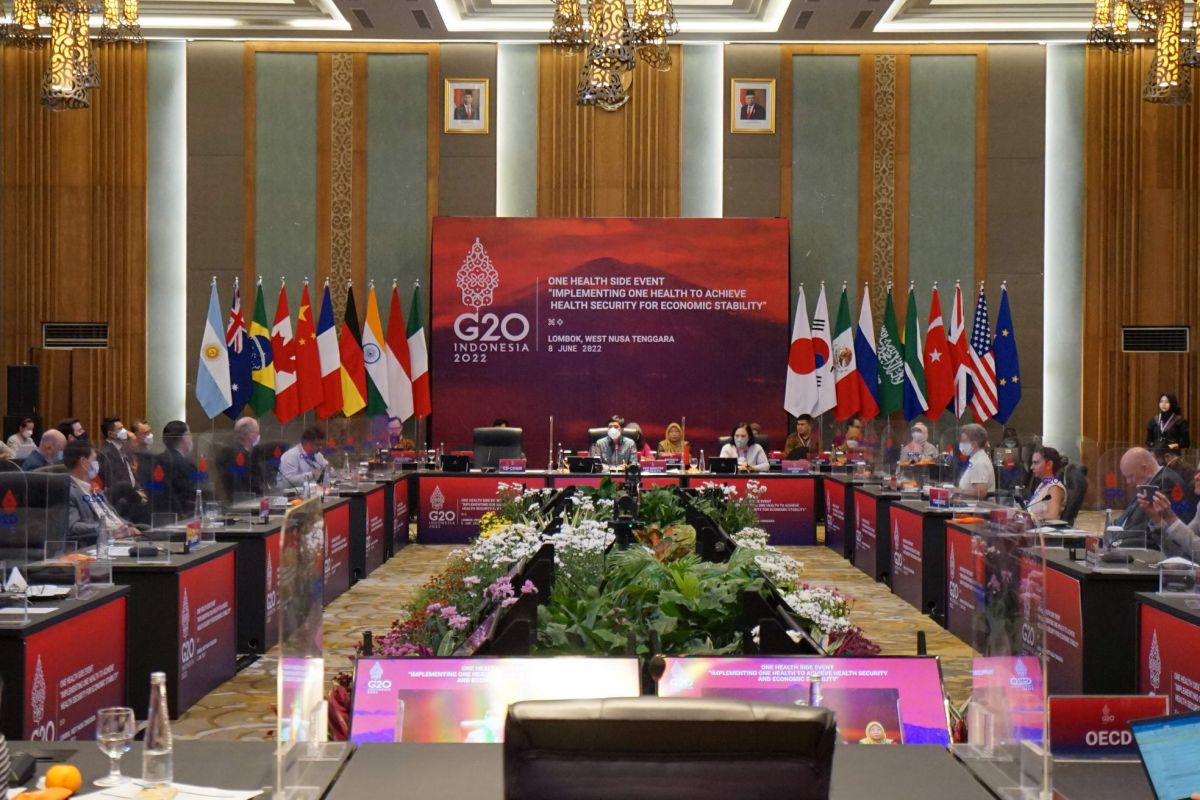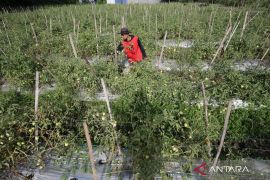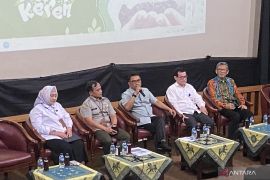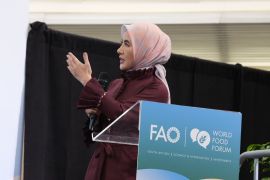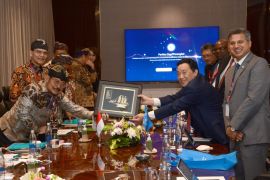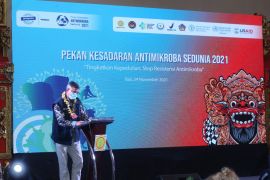It is vital to include One Health as a part of the global health architecture, which is one of Indonesia's G20 presidency prioritiesJakarta (ANTARA) - The Food and Agriculture Organization of the United Nations (FAO) urged all countries to implement the One Health approach to prevent, detect, and control emerging zoonotic diseases.
Interactions at the human-animal-environment interface are the basis of the emergence of diseases, so a One Health approach is paramount to prevent, detect, and control emerging zoonotic diseases, the FAO noted in a statement received here on Friday.
Chief Veterinary Officer of FAO Keith Sumption explained that One Health is about protecting the lives of people, plants, and animals, as well as the ecosystems by recognizing how the health of each part is connected.
"We will not prevent future pandemics without One Health, because One Health is the essential part of preventing and managing spillovers from animals to humans," Sumption stated at the G20 One Health Side Event titled "Implementing One Health to Achieve Health Security for Economic Stability."
He remarked that since community health had ripple effects on livelihoods, ensuring the application of the One Health approach at the global, regional, and country levels is critical for progress to control zoonotic diseases, tackle antimicrobial resistance (AMR), and ensure safe and nutritious food for everyone.
"It is vital to include One Health as a part of the global health architecture, which is one of Indonesia's G20 presidency priorities," he concluded.
On the occasion, Indonesian Minister of Health Budi Gunadi Sadikin emphasized the pressing need for international collaboration to sustainably prevent and contain future pandemics through One Health as a long-term, viable, and sustainable approach.
"There is no health without One Health," he stated in his opening remarks.
The COVID-19 pandemic has made it apparent that earlier unknown diseases can surface at any time, threatening health, well-being, and economies of all societies.
In supporting the recovery of global health security, G20 member countries reflected on the Lombok One Health Brief that sets out 10 recommendations to strengthen and mainstream the One Health approach at all levels.
The brief urges the G20 to embrace the One Health Joint Plan of Action (JPA) developed by Quadripartite -- FAO, World Organization for Animal Health (WOAH), World Health Organization (WHO), and the United Nations Environment Programme (UNEP) -- as an operational framework to achieve national targets and priorities for One Health interventions.
Other recommendations are to mainstream One Health and help generate an enabling environment for its implementation by mobilising resources, partnerships, and sustained investment as well as facilitating One Health knowledge sharing and capacity building.
Being the chair of G20 this year, Indonesia holds a strategic position and opportunity to share One Health best practices and knowledge with the rest of the world in order to transform the global health architecture while also contributing to long-term economic growth and stability.
The United States Agency for International Development (USAID) has been working with the Government of Indonesia for over five decades to strengthen environmental sustainability, economic growth, and health.
The FAO, with support of the USAID, will continue to support Indonesia in implementing One Health in the areas of food security and safety, sustainable agriculture, antimicrobial resistance (AMR), nutrition, animal and plant health, fisheries, and livelihoods.
Related news: G20 efforts in tackling zoonotic disease threat
Related news: ASEAN-China bolsters collaboration to prevent zoonotic disease
Related news: Cooperation with scientists crucial to realize One Health:T20 Co-Chair
Reporter: Yuni Arisandy Sinaga
Editor: Sri Haryati
Copyright © ANTARA 2022
